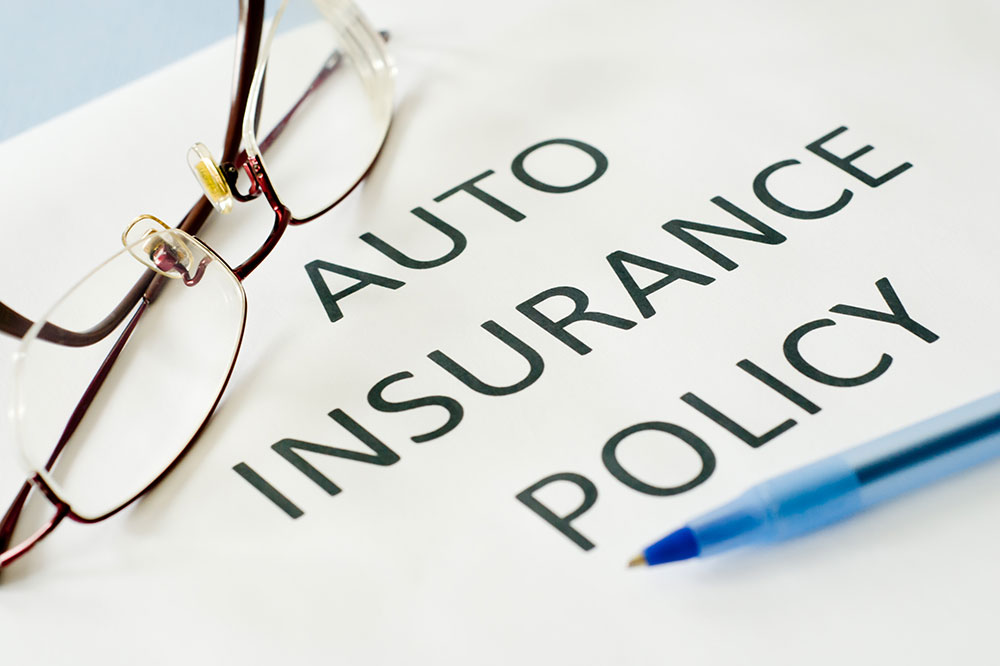Comprehensive Guide to Auto Insurance Coverages and Options
This comprehensive guide explores the various auto insurance coverages, including liability, collision, and comprehensive options. It provides insights on how to choose the right coverage based on your vehicle's age, value, and personal needs. Learn about key factors like deductible selection and additional policy features to ensure your vehicle is protected against a variety of risks. A must-read for vehicle owners seeking to understand auto insurance and make informed decisions for optimal coverage and peace of mind.

In-Depth Look at Auto Insurance Coverage Types and How to Choose the Best Policy
Auto insurance is an essential and often mandatory requirement for vehicle owners across most states in the United States. It plays a critical role in providing financial protection against a wide range of risks associated with operating a vehicle. Having the right auto insurance coverage ensures that you are safeguarded from unexpected expenses resulting from accidents, theft, weather damage, and other unforeseen events. Understanding the intricacies of auto insurance policies, the various coverage options available, and how to select the appropriate coverage for your specific needs can seem complex, but acquiring this knowledge is crucial for making informed decisions and ensuring adequate protection.
Liability Coverage: This core component of auto insurance kicks in when you are at fault in an accident. Liability coverage pays for damages and injuries you cause to other people or their property. Its primary purpose is to protect other drivers, pedestrians, and property owners from financial losses due to your driving mishaps. The limits of liability coverage vary by state and policy but typically include three main components: property damage per accident, bodily injury per person, and total bodily injury per accident. It’s vital to select coverage limits that align with your financial situation and legal requirements.
Collision Coverage: When your vehicle is involved in an accident, collision coverage covers the costs associated with repairing or replacing your car. This coverage applies regardless of who is at fault and is particularly beneficial for newer or financed vehicles. Selecting an appropriate deductible—the amount you agree to pay out-of-pocket before insurance coverage kicks in—is a strategic decision that can significantly impact your premiums. Generally, older cars with lower market value might not benefit from collision coverage due to cost considerations, whereas newer vehicles typically require it for comprehensive protection.
Comprehensive Coverage: Sometimes called “other-than-collision” coverage, comprehensive insurance protects against damages not caused by collisions. This includes incidents such as theft, vandalism, natural disasters, falling objects, fire, and animal strikes. It is particularly important in areas prone to severe weather or high crime rates. Comprehensive coverage extends beyond collision, covering a broader range of risks that can cause damage to your vehicle. As with collision coverage, selecting the right deductible is essential to balance premium costs and out-of-pocket expenses.
Choosing the appropriate coverage types and limits depends on various factors, including your vehicle’s age, value, overall financial health, and personal risk tolerance. For instance, if you own an older car that isn’t worth much, you might opt for liability coverage only, whereas new or expensive vehicles warrant comprehensive and collision coverage for maximum protection. Additionally, understanding policy exclusions, add-on options like roadside assistance, rental car reimbursement, and the importance of uninsured motorist coverage can further enhance your protection.
In conclusion, investing time in understanding auto insurance coverages and assessing your specific needs will help you select the most suitable policy. Remember, the right coverage not only complies with legal requirements but also provides peace of mind, ensuring you are protected financially from the unpredictable events that can occur on the road. Regularly reviewing and updating your policy as circumstances change is essential to maintaining adequate protection throughout your vehicle ownership experience.





